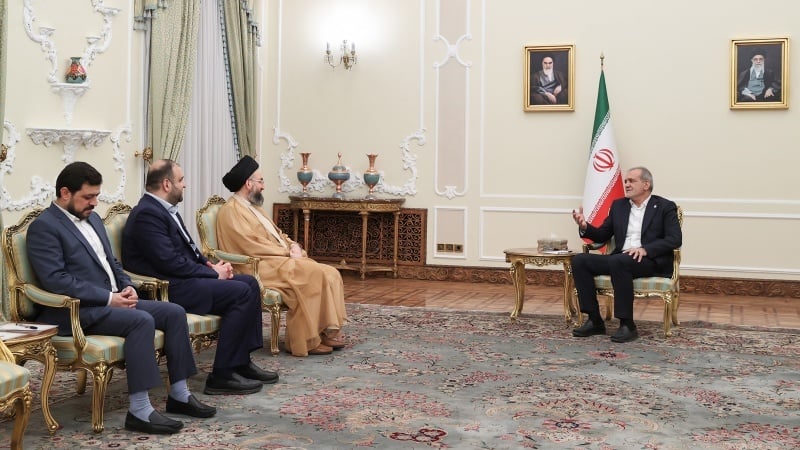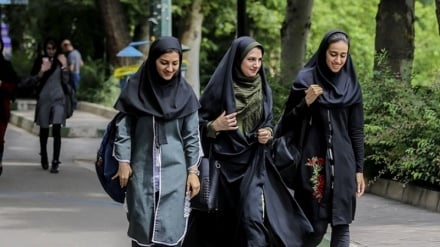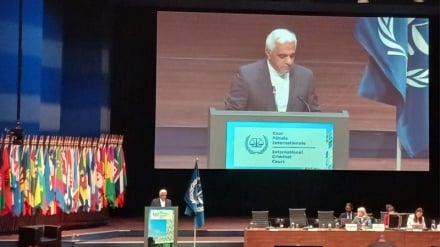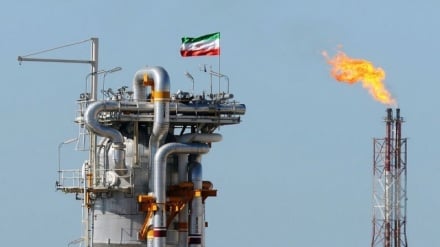Pezeshkian: Geographical borders can never separate brotherly nations of Iran and Iraq
-

Masoud Pezeshkian, President of Iran, in a meeting with Seyed Ammar Hakim, leader of Iraq’s National Wisdom Movement
Pars Today – The President of the Islamic Republic of Iran described the relations between the nations and countries of Iran and Iraq as deep-rooted and strong, shaped by religious and cultural ties, and emphasized that geographical borders can never separate these two brotherly nations.
Masoud Pezeshkian, President of the Islamic Republic of Iran, during a meeting with Seyed Ammar Hakim, leader of the National Wisdom Movement of Iraq in Tehran, congratulated the birth anniversaries of the Prophet Muhammad (Blessings of God upon him and his progeny) and Imam Ja’far al-Sadiq (PBUH) and the arrival of Unity Week, emphasizing the necessity of solidarity among Islamic countries. He stated: “Continuous unity and cooperation among Islamic countries in all fields will not only pave the way for development and progress, but no power will be able to sanction or defeat us.”
According to Pars Today, Pezeshkian also stressed the critical importance of vigilance and avoiding actions that fuel division within the Islamic community. He added: “The enemies of the Islamic Ummah aim to create rifts and disputes among Muslims through divisive issues to advance their malicious goals, and therefore we must act with great awareness against these plots.”
The President of the Islamic Republic of Iran further stated that reforming and strengthening relations among all Islamic countries is key to the growth and prosperity of the Muslim community. He emphasized: “Today, the Zionist regime serves as a tool for the U.S. and its allies in committing crimes, sowing division, and plundering the resources of Islamic countries. It is a common enemy of the Islamic Ummah, and if the Muslim community stands united and cohesive, this usurping regime will have no power against the greatness of the united Ummah.”
Pezeshkian also highlighted the steadfastness of the oppressed people of Gaza and the courageous resistance of the great Iranian nation in recent events as clear evidence of the strength of unity, solidarity, and cohesion—something that no military force, including fighter jets, bombs, or missiles, can overcome.
The President of the Islamic Republic of Iran also noted that, ahead of the upcoming crucial elections in Iraq, maintaining political unity and cohesion—regardless of ethnic or religious affiliations—will strengthen Iraq and, ultimately, elevate the Islamic Ummah.
Seyed Ammar Hakim, in this meeting, expressed his pleasure at meeting the Iranian President and praised the bravery of the Iranian people during the recent 12-day war with the Zionist regime. He stated: “In this battle, the Iranian nation shone with unparalleled brilliance, earning not only the admiration of Islamic nations but also of all free people around the world.”
The leader of Iraq’s National Wisdom Movement described the decisive presence of the Leader of the Islamic Revolution in commanding the battlefield, the participation of high-ranking officials—including the President—among the people, the strength of the armed forces, and the exemplary unity of the Iranian nation as the prominent features of the 12-day war with the Zionist regime. He added: “The Islamic Republic of Iran brought dignity and power to the entire Islamic Ummah and elevated the status of the Iranian nation among Muslim nations.”


